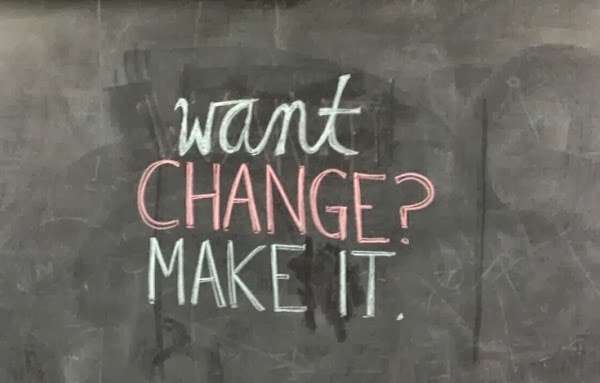
As Psychologists, we aim to help others. One of the strongest ways we can do this is to use our knowledge and our expertise to create positive social change. Positive social change is imperative to improving our world around us for all of those in society, not just one group of people or another (Fox, 2013). Psychologists have a tremendous responsibility to always strive for improvements to our society in general and helping our clients by encouraging them to participate in positive social changes in their own social settings.
Impact of Social Change Movements for Psychology
Politics, religion, beliefs, and bias lend to social movements that may not be in the best interest of everyone in society. As psychologists we need to be aware of these, and reflect on our code of ethics, our own biases, and ensure that any movement we support, is indeed striving for positive social change. Our main responsibility is to evaluate how these social change movements align with our code of ethics and general principles by using critical thinking and support these findings with current peer reviewed research (Domenech Rodriguez et al., 2014). As society changes for the better or worse, we need to be aware of how this impacts those in society and adapt our therapeutic practices to ensure we are providing the best care for our clients. Psychologists can be the greatest social change agents because we have the chance to help those that are struggling with their mental health (Marsella, 1998).
Psychologists Professional Responsibility
One of the best ways we can ensure we are able to provide the best care for our clients which will encourage positive social change, even if it is only for that one client’s social group, is to maintain our competence (Domenech Rodriguez et al., 2014). One way we can do this and still encourage positive social change is to join groups such as the Psychologists for Social Responsibility as this group offers information that will keep us informed and allow us to make the most impact for our clients and society by applying our psychological practices in a manner that encourages positive social change (Psychologists for Social Responsibility, 2014).
Conclusion
I believe every human is capable of positively impacting our society and if we can all make even the smallest changes, we can change the hate, anger, violence, and turmoil that affects our society in a negative manner. Even the smallest changes can have huge impacts. As psychologists we may have the greatest responsibility of all. Not only to society as a whole, but more importantly to our clients and their social settings.
References
Domenech Rodríguez, M. M., Erickson Cornish, J. A., Thomas, J. T., Forrest, L., Anderson, A., & Bow, J. N. (2014). Ethics education in professional psychology: A survey of American Psychological Association accredited programs. Training and Education in Professional Psychology, 8(4), 241–247. https://doi.org/10.1037/tep0000043Links to an external site.
Fox, D. (2013). Critical psychologyLinks to an external site.. Retrieved from http://www.dennisfox.net/critpsy/Links to an external site.
Marsella, A. J. (1998). Toward a “global-community psychology”: Meeting the needs of a changing world. American Psychologist, 53(12), 1282–1291. https://doi.org/10.1037/0003-066X.53.12.1282Links to an external site.
Psychologists for Social Responsibility. (2014). Retrieved from http://www.psysr.org
